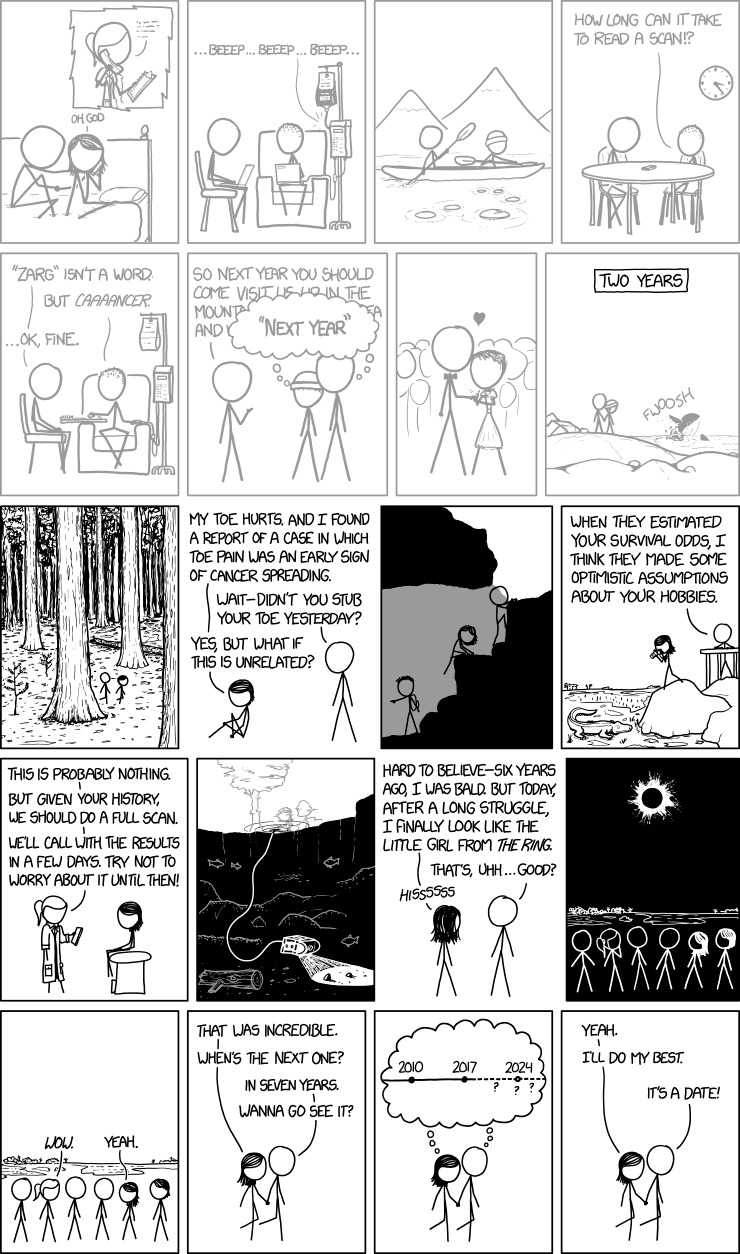Over on
Cure Magazine, Martha Carlson, who is living with metastatic breast cancer, provides a bit of advice on how to enjoy the holiday, even when confronted by the unwanted offers of 'advice' from the 'helpful' friends and family you see at family gatherings.
Everyone knows this type of people. They think they know more than you do about how to treat your disease, because:
- They read something about it once
- They saw something about it on TV or online
- They are smarter than you and just know these things that your poor brain cells could never have found on your own
- They know someone who had a similar ailment a long time ago and their treatment must be better.
- They are positive alternative medicine will cure you instantly and you should not waste your time on traditional medicine.
After living with metastatic breast cancer for three years, she has this advice:
"Listen first. I try to remind myself that she believes what she’s saying, thinks it’s something I’ve never heard before, wants to save my life, and, most importantly, doesn’t know any better. I listen first, at least to a few sentences.
Don’t apologize. I do my best to not say “I’m sorry, but…” If I must be blunt, I simply say that I'm following the advice of medical professionals I trust.
Lead with a fact. I’ve got several at my disposal, and which one I use depends on the conversation.
Follow with a fact. The other common view I hear is about the value of alternative treatments, both to avoid cancer and to treat it. For breast cancer, people who chose alternative treatments were more than five times as likely to die within five years than those who chose conventional treatment.” If that doesn’t give someone pause, nothing will.
Give a little. I will often talk about my own experience with things like meditation, qi gong, exercise and healthy eating to remind the other person that we don't have to argue in stark opposition.
Be kind, not silent. Say something like, “It’s hard to confront illnesses that could end our lives. I try to be both optimistic and realistic with this disease.”
Change the subject. I try to preemptively control the conversation by asking for specifics about his kids, his retirement, his house—anything other than his health or my own.
Hold up a mirror. As is true in dating, most people would rather talk about themselves."
There is a lot more over at Cure Magazine to read. But I think you get the point. I am about to sit down with a large meal for 14 people and will cross my fingers that I don't get stuck on the topic of my health. I don't allow politics at the dinner table because I would rather talk to people about how they are doing than the latest presidential tweet. Maybe I'll just take another bite of food so I can't reply with my mouth full.
Happy Thanksgiving all!
